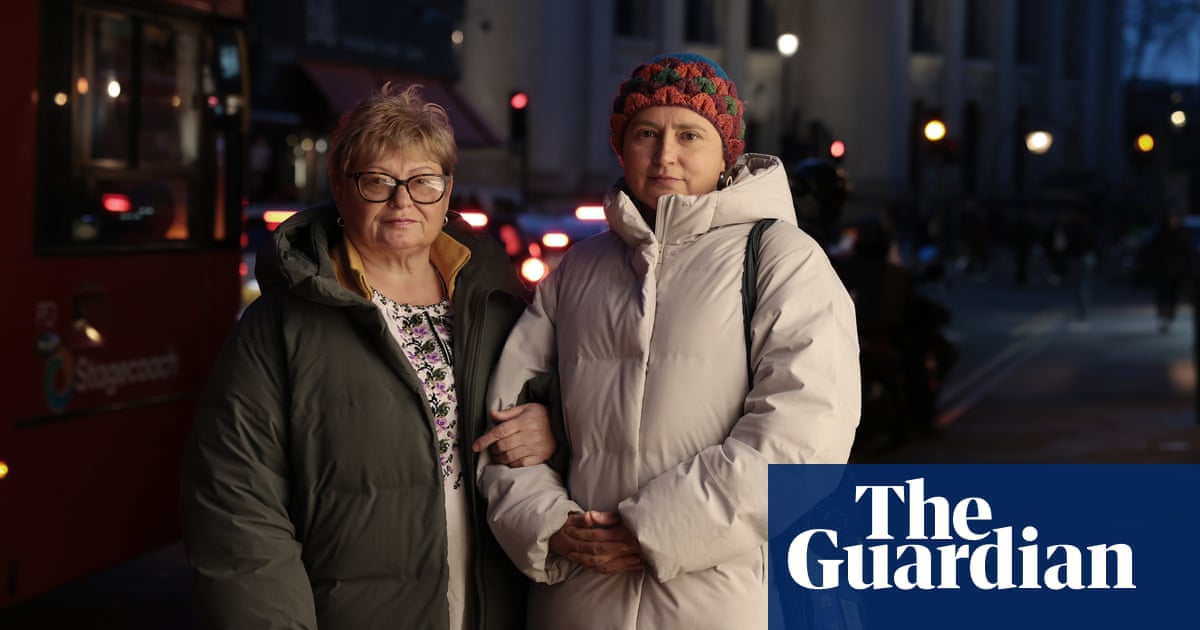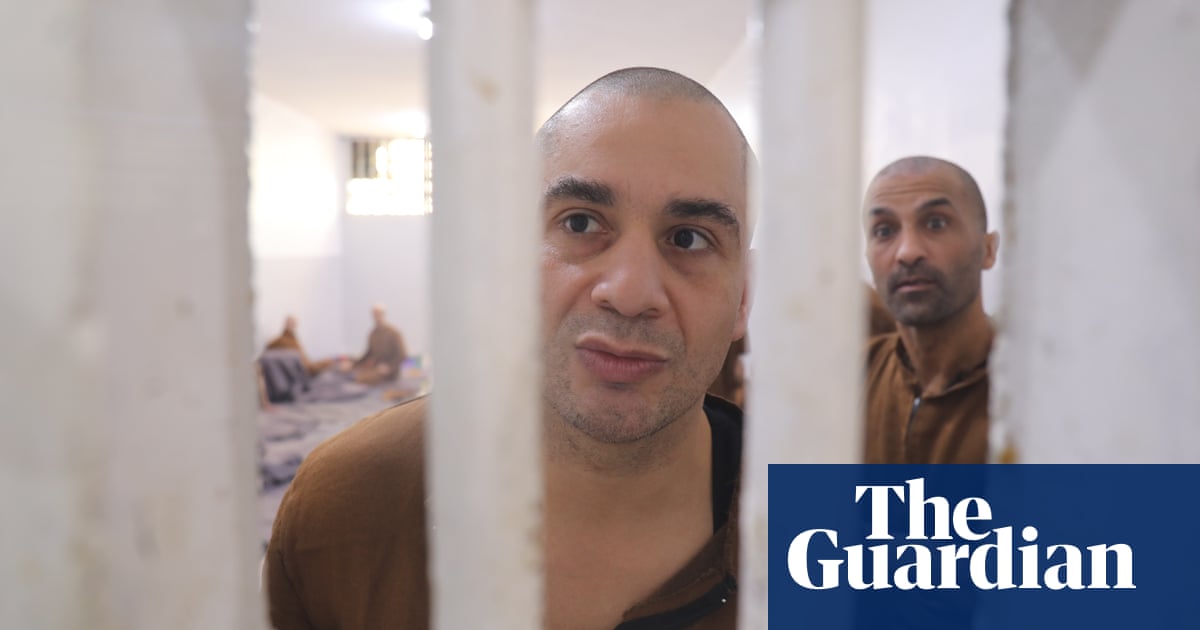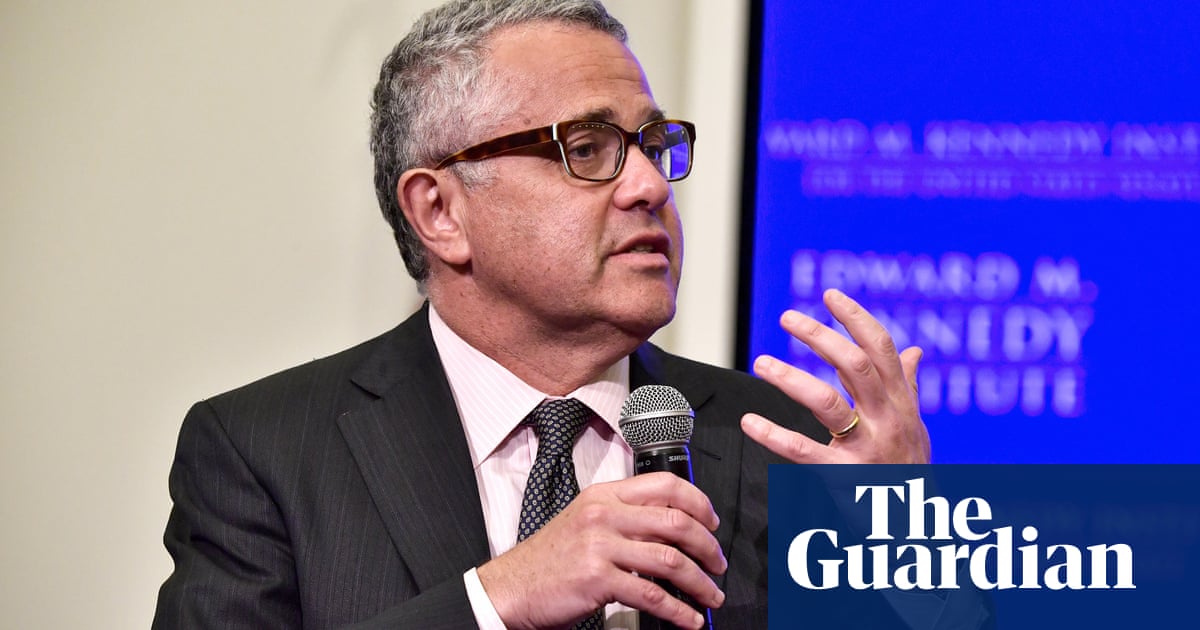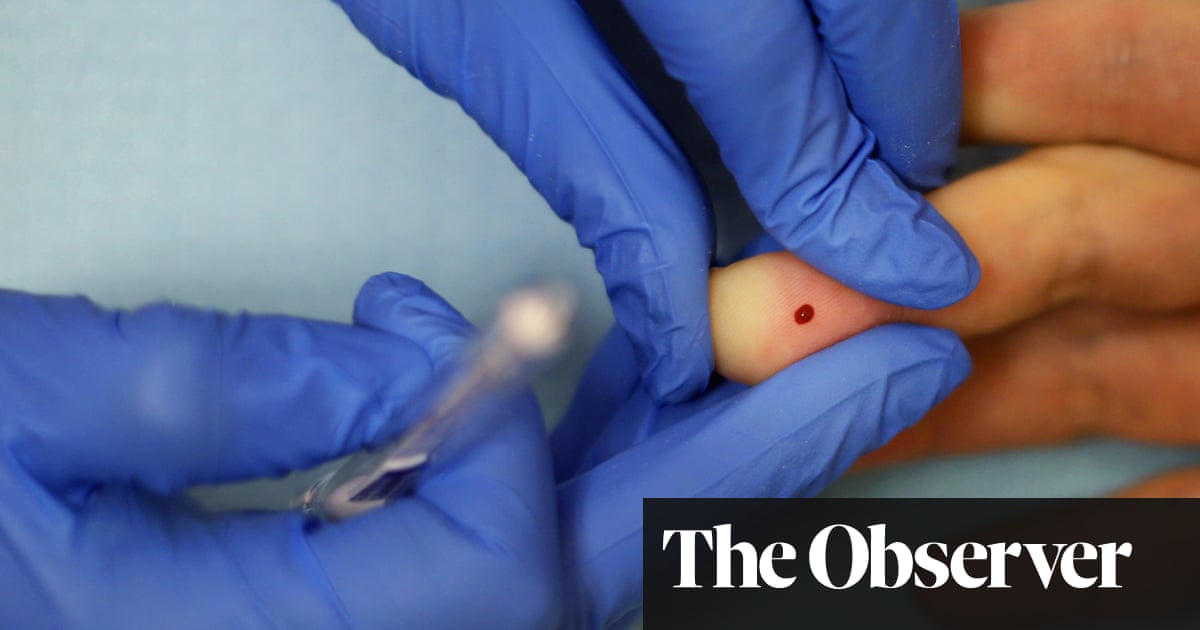A former lord chief justice has warned that assisted dying could have a major impact on the court system, saying “no one has grappled with the detail” of the impact of the legislation on family courts.
Lord Thomas of Cwmgiedd, who held the role between 2013 and 2017, told BBC Radio 4’s Today programme that the process of the assisted dying requests coming before the courts needed “working out precisely.”
The private members’ bill from Kim Leadbeater has safeguards including sign-off from a high court judge.
Proponents of the bill have argued that the process can be done swiftly, as is the case with some terminal cases and life support requests currently, but say it will also be rigorous and include the potential to hear from doctors, the patient and their families.
Thomas told the Today programme: “It seems to me that the one really difficult question that hasn’t been addressed in this is how is the judge to proceed, as it cannot possibly be a rubber stamping exercise.
“There has to be a process, by which the evidence is put before the judge, and the judge will need help – will need either the official solicitor or some other body that can bring the evidence before him.”
He added: “What is not possible is to assess from the bill the impact this has.”
The judicial process is an “integral part of the process, in working out precisely how it’s to be done”, Thomas said. “As far as I can see, no one has grappled with the detail. And of course, as it’s an integral part of the bill, you can’t say, ‘well look this is to be sorted out later’. It seems to me it needs to be grappled with now.”
Leadbeater has in the past said she feels “very strongly” that the process should not be a tick-box exercise. “I didn’t want to be some pieces of pieces of paper, tick, tick, off you go. It’s too serious.
“We can’t be doing that. So the judge has to interact with the process, and has to interact with one of the medical professions as well. And I think that hopefully will provide a reassurance for people.”
Charlie Falconer, the former lord chancellor who has been one of the key proponents of the law change, said at a press conference when the bill was launched that he did not expect a significant knock-on effect from the addition of these court proceedings. But he admitted the change might cause some short-term delays to other cases.
“The nature of these applications will be that they will not take a long time. They are not like care proceedings that can take years,” Lord Falconer said. “The numbers [of assisted dying cases] … it’s quite difficult to predict what they are. They will almost invariably take precedence.
“So other cases might have to wait, but you will find, if you look across the country, they are not going to have, in my view, a significant impact on court delays in the family division.”
The vote on the bill’s second reading will take place on Friday, with a number of hurdles in parliament to pass before it can become law. MPs will have a free vote on the legislation. On Monday, No 10 said it would not adopt it as a government bill if it passed later this week but that work would start to be done on the consequences of its implementation.

 2 months ago
47
2 months ago
47













































